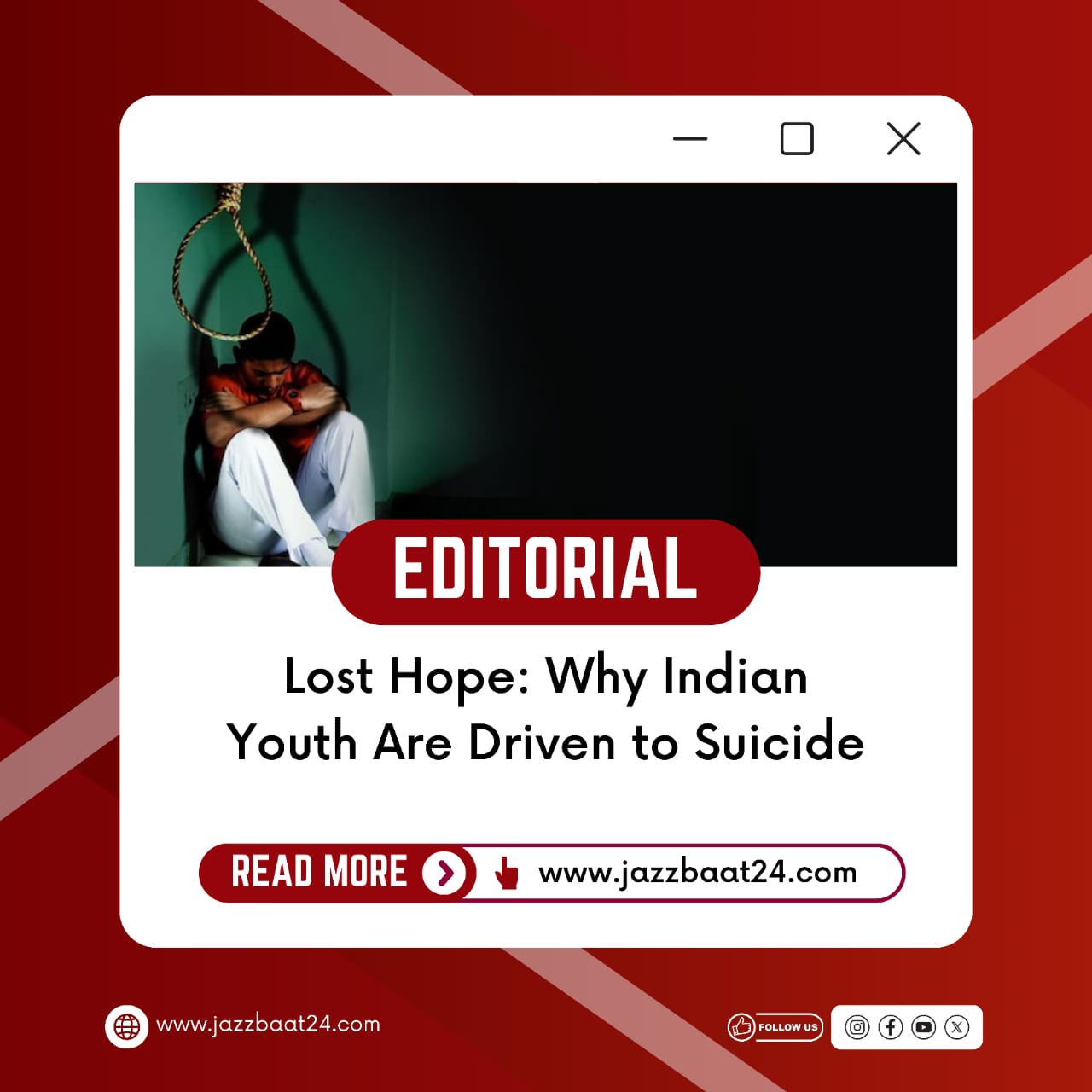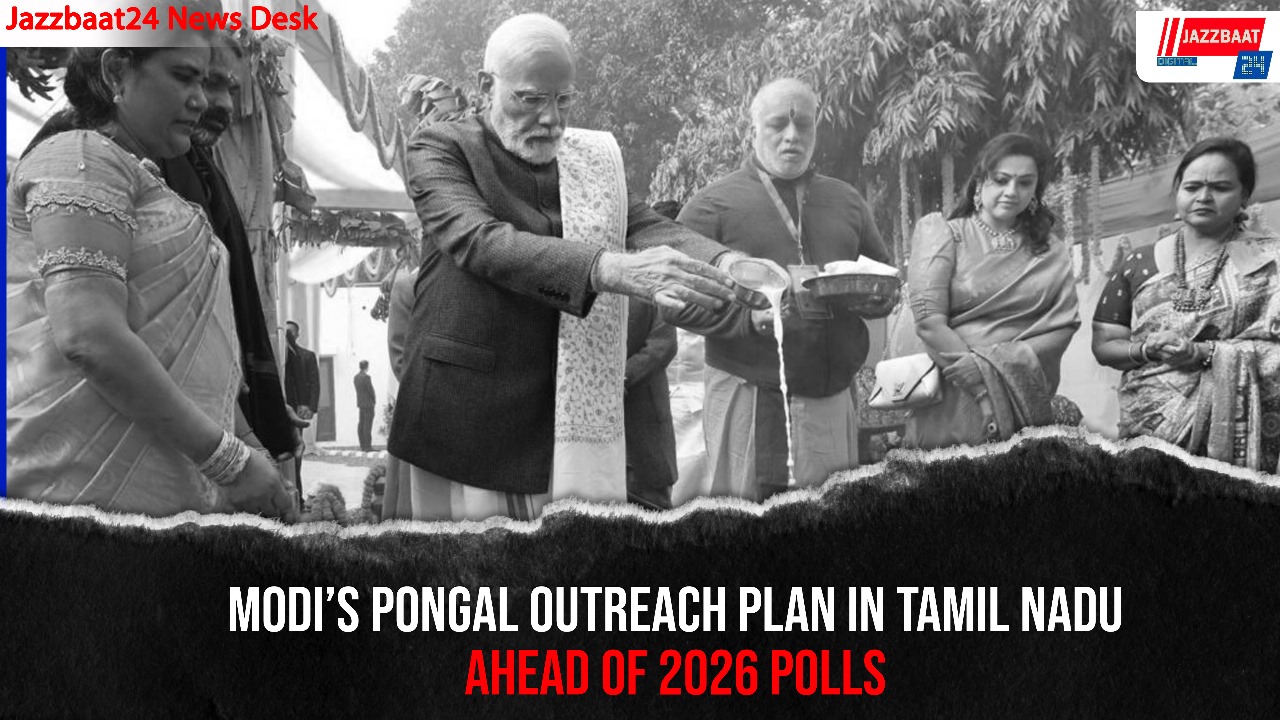Lost Hope: Why Indian Youth Are Driven to Suicide
Youth suicide rates in India have become a disturbing trend, driven by an unholy mix of family pressure, job insecurity, and societal discrimination. The most alarming fact is that these young lives are being cut short not by illness or accident, but by an overwhelming sense of despair. The mental health crisis that lies behind these statistics needs to be urgently addressed.
Family Pressure is often at the heart of the issue. In many Indian households, the weight of expectations placed on young people—whether it’s about academic success, career choices, or fulfilling family duties—is suffocating. Parents, in their pursuit of what they believe is best, sometimes fail to see the emotional toll their ambitions take on their children. This unrelenting pressure, combined with a lack of emotional support, can push young minds into a dangerous corner.
*Job Instability* has become another significant factor contributing to the mental health crisis. India's job market is fierce, especially for those coming out of college with dreams of stability and growth. However, the harsh reality of unemployment or underemployment, coupled with inadequate financial rewards, forces many youth into a state of hopelessness. The long job hunts and rejections chip away at their self-worth, making them feel like failures, when in fact the system has failed them.
*Discrimination* is the third force driving youth toward suicide. Whether it’s gender-based, caste-based, or even appearance-based discrimination, many young Indians face a hostile social environment where they feel undervalued or disrespected. This can lead to isolation, depression, and an overwhelming sense of rejection. The inability to express or confront these experiences only deepens their emotional struggles.
India’s mental health infrastructure is severely under-equipped to handle the rising tide of youth in distress. While the government and NGOs have made some strides in addressing mental health, the scale of the problem is far greater. Schools, families, and workplaces need to play a more active role in creating supportive environments where mental health is a priority, not an afterthought.
The time to act is now. We cannot afford to lose another generation to the pressures that crush their will to live.





